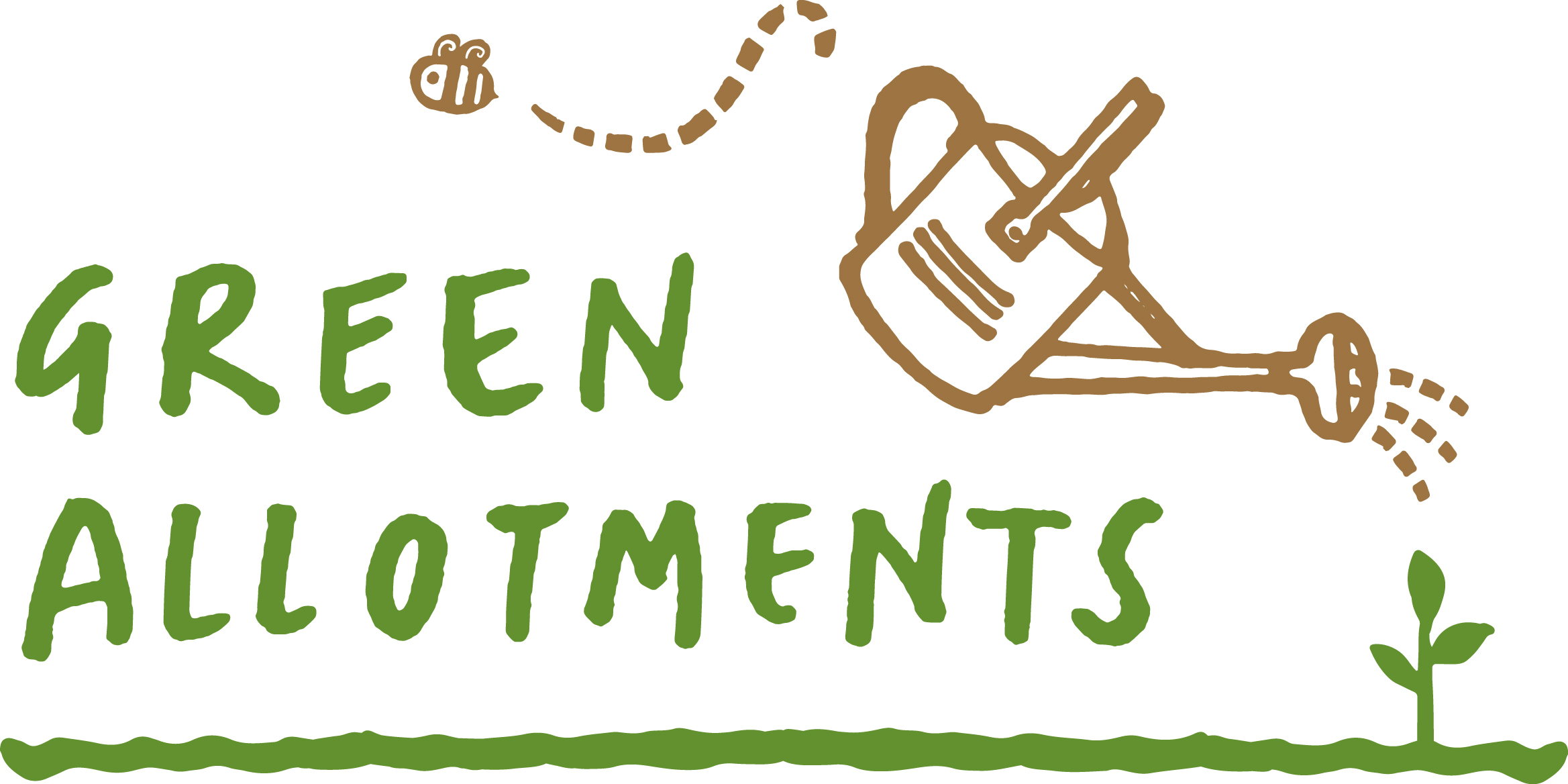We believe that allotments are hugely beneficial to both humans and the natural world, and are part of the solution to our climate crisis.
Here are some example of the benefits allotments have:
- Health benefits
It is well-established that physical activity is beneficial both to mental and physical health – exposure to the outdoors can aid in stress reduction and the promotion of good mental health, and constitutes gentle to moderate exercise.
In addition, by enabling allotment users to grow their own organic produce, this encourages the consumption of fruit and vegetables and, in turn, a healthy diet.
- Social benefits
In recent years, social interaction amongst the general public has reduced. However, social interaction is linked to stress reduction and a higher quality of life.
Provision of a communal gardening space enables people to mix and interact with those in the local area, allowing social and support networks to form and flourish.
- Educational benefits
Through managing their own plots, people learn how to grow produce and manage their allotment space – honing skills in horticulture, food production and preservation of the environment.
- Environmental benefits
We will purchase neglected plots of land and facilitate their transformation into communal spaces, thereby enhancing the local environment for the benefit of all members of the community.
Allotment sites have been described as ‘oasis of biodiversity’ and help preserve the natural environment. Allotments sites also hep promote ideas around “self-sustainability” reducing food miles and providing a cost-effective way to eat organic produce.
Read more about the benefits of allotments:
MYHarvest research publications
